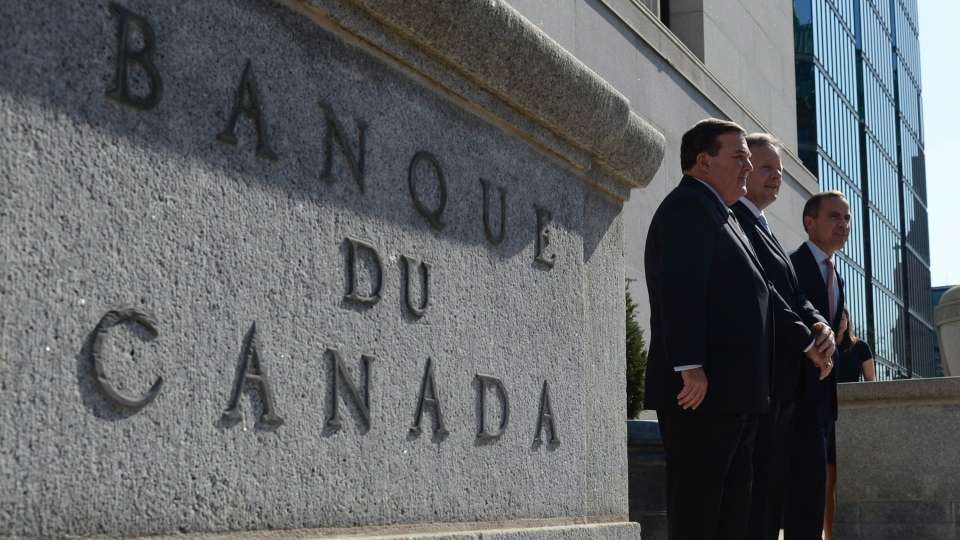 INTERVIEW-Bank of Canada sees less volatility from Fed tapering – RTRS
INTERVIEW-Bank of Canada sees less volatility from Fed tapering – RTRS
Dec 17 (Reuters) – Market volatility spurred by the U.S. Federal Reserve’s plans to scale back its massive stimulus program is far less of a concern now than it was earlier this year, Bank of Canada Governor Stephen Poloz told Reuters on Tuesday.
Investors understand the Fed’s thinking much better than they did when Chairman Ben Bernanke first mentioned the possibility of tapering the U.S. central bank’s $85 billion in monthly asset purchases on May 22, Poloz said.
The market’s huge one-way bets on the Fed continuing its so-called quantitative easing suddenly had to go into reverse at that time, causing market turmoil, but Poloz argued that the impact now will be much smaller.
“The good news is that we kind of washed that out last summer. People understand it much better now, and my sense of it is that there isn’t anything like that kind of stacking (leveraging) in the marketplace,” Poloz, 59, said in an interview at the central bank’s Ottawa headquarters.
“So I think that the volatility thing is probably not nearly as concerning as what we saw then.”
And the Fed’s tapering will take place in the context of a strengthening U.S. economy, which should give a lift to Canada’s economy, he said.
A two-day meeting of the Fed’s policy-making Federal Open Market Committee, at which officials could decide to trim the monthly purchases, ends Wednesday.
While recent strength in the U.S. labor market has raised the chance that the policymakers might start tapering as soon as this week, most economists expect the Fed to keep its stimulus program fully in place until next year.
Turning to Canada, Poloz said the No. 1 risk to the outlook for the domestic economy in 2014 is that exports, which rely heavily on U.S. demand, will not recover as anticipated.
Disappointing exports are a puzzle to Poloz, an expert on trade issues due to his 14 years in senior roles at the country’s export credit agency before he became the Bank of Canada governor on June 3 this year.
“About half of our export base is lagging significantly foreign demand and we don’t really understand if it’s because there’s been a structural change,” he said.
It’s not clear whether the lag is due to Canadian companies disappearing, losing capacity or simply doing business elsewhere instead of in Canada, he said.
Adding to the export conundrum is business investment, which is lower than, historically, it has been following a recession, and inflation that has been below the bank’s 2 percent target for a year and a half.
“Those are three things that are pretty crucial to our economy and how we get back to an inflation target, and in all three cases we’re having trouble explaining what we see,” he said.
The governor also repeated that the central bank’s stance on interest rates is neutral, saying there was an equal chance they could go up or down.
Poloz said he believes Canada’s heating housing market is in for a “soft landing,” which he defined as stabilization, rather than a decline.
He said that “despite all the excitement” about a possible housing bubble in Canada – some studies have recently shown Canadian housing to be the most overvalued in the world – the activity in the market in the past year has been fairly close to demographic demand, a way of saying it is not as unbalanced as some suggest.
Poloz said a number of factors that have boosted the Canadian dollar remain in effect: relatively high oil prices, the great Canadian brand, a strong banking system, its cumulative safe-haven standing.
But he did not rule out the possibility that the recent weakness in the Canadian dollar might continue.
“If things are going back to normal, there could be a little bit of adjustment in the currency, maybe that’s what we’ve already seen,” he said, adding he did not want to extrapolate about where the Canadian dollar is headed now.










Add comment